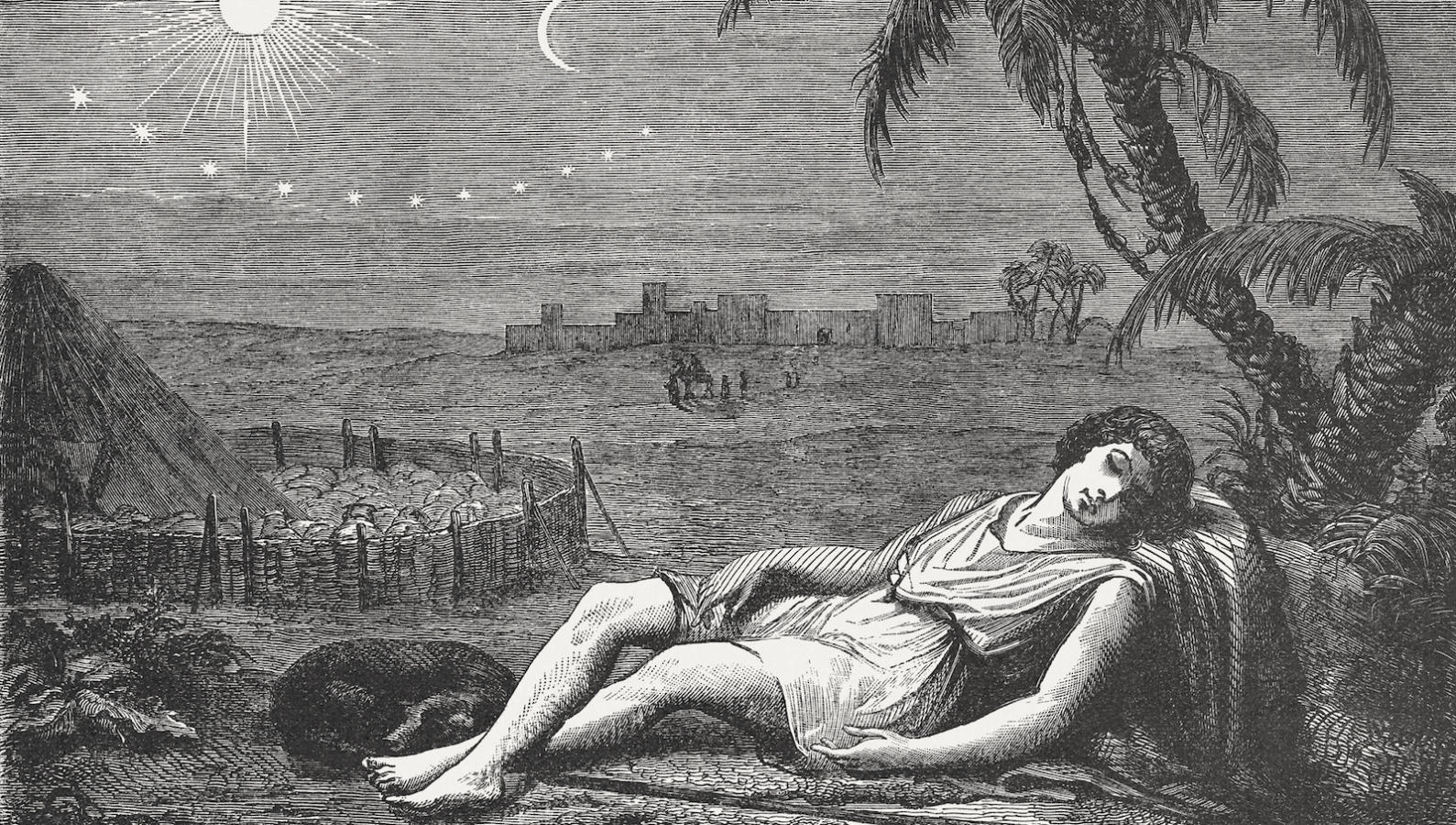Commentary on Parashat Vayeshev, Genesis 37:1-40:23
This Torah portion begins the well-known story of Joseph, the dreamer. However unpopular were his dreams or was Joseph at various times during his life, especially when he was young, it was the realization of those often controversial dreams that saved the Jewish people from famine.
What we learn from this story is that it takes a dream to save the Jewish people. Theodor Herzl, the founder of modern Zionism knew it and even added his own insight: Im tirtzu, ain zo aggdah. This is often translated as: If you will it, it is no dream.
Spiritual Famine
We are currently suffering from a spiritual famine in the American Jewish community. And a dream will be required to raise the Jewish people out of its doldrums. Such a dream requires a bold quantum leap, one that moves us from the delusional comfort of a shrinking status quo.
And that dream is found right in our own midst–it is the dream of creating a Jewish community that is open to all those who wish to join us. But it will require us to open our hearts and our heads and our homes to those who now find themselves in our midst.
With your help, My Jewish Learning can provide endless opportunities for learning, connection and discovery.
Joseph left his home and family in order to realize the Jewish dream. He did so in a foreign land. But, according to many of the classic commentators, he was able to do so without abandoning his roots. An open community does not require us to abandon our roots. Rather it gives us the opportunity to nurture them.
As a child, Joseph’s dreams were filled with images of how his life might be. We all have dreams, for ourselves, for our children, for our community. Sometimes we are able to fulfill those dreams. And at other times, life seems to get in the way. Or life provides us with the opportunity to reshape our dreams and make them fit the reality that surrounds us.
Torah
Pronunced: TORE-uh, Origin: Hebrew, the Five Books of Moses.



